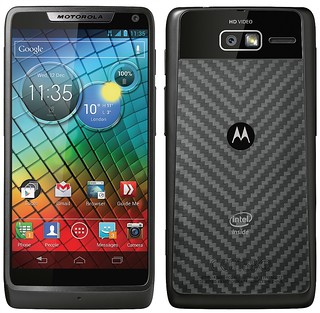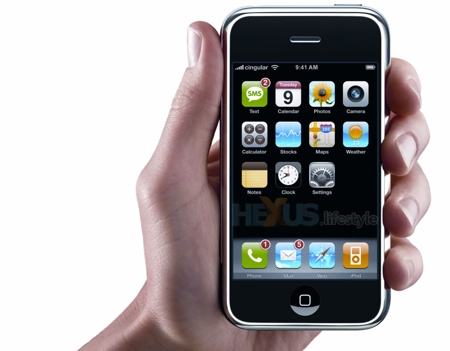
Cellphone use is a hot topic not only here at Mountain View but in every aspect of society. Businesses, employers, teachers, and the general public all have strong opinions on appropriate cell phone use policies. Everyone is searching for common ground on acceptable standards for the “Smart” Phone invasion.
Let’s start with the basic premise “It is not other people’s responsibility to cope with your cell phone use; it is your responsibility to use your mobile phone inoffensively.” Following directly from this initial premise: You should assume that someone who asks you to turn your cell phone off or to stop using your cell phone in a particular situation is in good faith, and you should comply in good faith. They have a reason for making this request, and it’s probably not that they’re trying to dominate you or hassle you or restrict your “God-given” right to free expression.
Whether you are in school, at work, or in public cell phone use is a dynamic issue. Here are few recommendations for proper cell phone use that are respectful and demonstrate good self control. A novel concept is that if we choose to use our cell phone respectfully, people would stop reacting so negatively to cell phone use all together.
TIPS
Know Your Surroundings– There are places and times that are COMPLETELY inappropriate to use a cell phone- for example- during an interview, any religious or spiritual service, during any public performance or presentation of any kind, during a meeting or appointment or SIMPLY when it is requested that people silence cell phones remembering that people have a good reason to make such a request.
Give 100% focus to the person in front of you. Don’t interrupt a face-to-face conversation with someone—in the hallway or in the employee lunchroom–by taking a call or texting. The question to ask yourself, “Is this an emergency situation where I need to excuse myself to respond IMMEDIATELY to my text or call?”
Turn your ringer OFF or set to “vibrate”. Unless your cell phone is a company-issued handset for business use, set your unit to vibrate while at work or in our case, in school. Even if you’ve selected a tasteful ring tone to use publically, repetitive incoming calls in public will be noticed negatively.
Let unimportant calls go to voicemail. While it’s wonderful to have a live connection to the important people in your life, children, parents, other family and friends, frequent chatty calls during your workday, school day, while at a restaurant or during a movie will often reflect negatively on you.
When you must use your cell phone, find a private, quiet place to make your calls. Regardless of where you are, most etiquette advisors agree you should always observe the “ten-foot rule”. Maintain a buffer zone of at least ten feet from others while you’re using your cell phone. While at work or in school, you should make every attempt to expand basic etiquette and find locations that do not infringe on co-workers trying to perform their jobs.
Avoid “reading under the table.” It’s the people who scroll through their emails, check their Facebook page, text, tweet, or check sports scores–in their lap. People notice this more than you think. It’s not only distracting and discourteous to the speaker, but also to those around you. Also, paying attention to your cell phone instead of the meeting sends a signal that the people in the room are not important to you. This is a dangerous message if those people are clients, teachers, or have power over your job or career path. You want to appear engaged and a team player. If you are expecting an urgent call, mention it before the
meeting begins and then excuse yourself and step away when you take the call. In longer meetings, wait until a break to check emails and phone messages.
Never use your cell phone in the restroom. This is not the place to share personal or confidential information. You never know who might be in listening range.
Related articles







